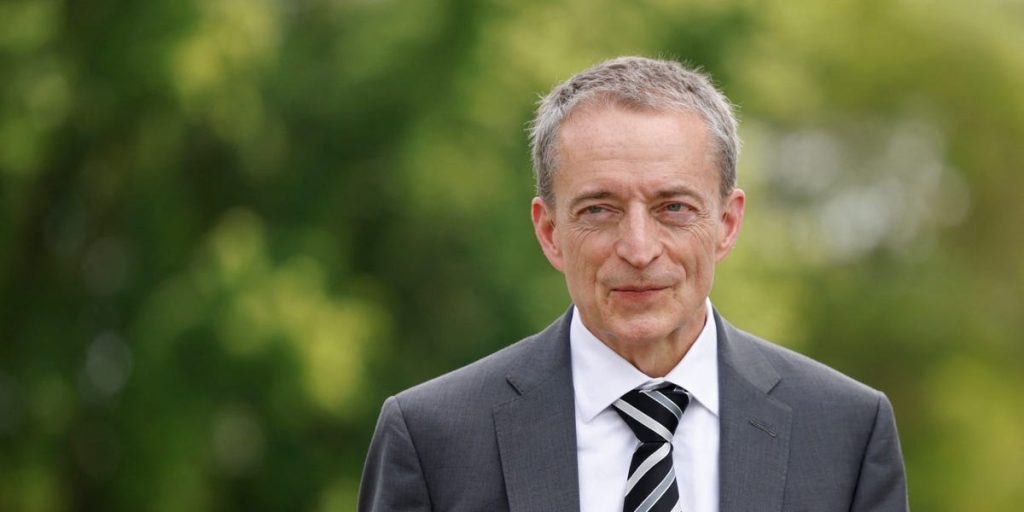The US is falling behind in the global tech race, and former Intel CEO Pat Gelsinger said a sovereign wealth fund could be the country’s best shot at catching up.
In a Wall Street Journal op-ed published Tuesday, Gelsinger endorsed President Donald Trump’s proposal to create a US sovereign wealth fund, calling it “the country’s best tool” to secure American leadership in critical technologies like semiconductors, artificial intelligence, and quantum computing.
“Washington’s haphazard approach to fueling national competitiveness and strategic industries isn’t cutting it,” he wrote. “Trump’s proposed sovereign wealth fund could secure American leadership.”
Gelsinger, now a general partner at Playground Global, argued that while American companies are making “significant breakthroughs,” scaling those technologies needs “patient, long-term capital typically unavailable from Wall Street or traditional venture funds.”
A sovereign wealth fund, he said, could support “early-stage quantum companies, help national laboratories commercialize technologies, and ensure US breakthroughs remain domestically controlled.”
In February, Trump signed an executive order directing the Treasury and Commerce departments to develop a sovereign wealth fund plan to promote “fiscal sustainability,” reduce the tax burden, and “promote United States economic and strategic leadership internationally.” The agencies had until May to deliver recommendations on structure, governance, funding, and investment strategy.
Other nations, including Norway, Singapore, and the UAE, have used sovereign funds to fuel their strategic ambitions and increase global influence.
Gelsinger framed a US version of the fund as a strategic response to China’s vast state-backed tech investment.
“American firms have to grapple with difficult market distortions thanks to Chinese state investment,” he wrote, pointing to Beijing’s National Venture Capital Guidance Fund, which he said channels “tens of billions of dollars of central, provincial, and private capital into key technologies.”
He rebutted concerns that such a fund amounts to industrial policy, writing: “This isn’t an attempt to surmount market forces. It’s about the innovative startups already accessing global sovereign-wealth funds like China’s, which may not be aligned with American interests.”
Not so simple, experts say
Replicating successful models like Norway’s is easier said than done.
Related stories
Nicolai Tangen, CEO of Norway’s $1.7 trillion fund — the largest in the world — said that what works in Oslo may not translate easily to Washington.
Norsk Telegrambyra AS/Reuters
“You need to allocate capital to it, right?” he told Yahoo Finance’s “Opening Bid Unfiltered” earlier this month.
“What has worked for us in Norway is to have a very long-term view on what we do. It has broad political anchoring.”
Tangen said that the fund’s stability comes from strict rules and transparency. “We are the most transparent fund in the world,” he said, adding that “when you have a change in parliament or in government, you do not change the way we invest.”
Critics have also said that, unlike Norway, the US doesn’t run a budget surplus — it runs multi-trillion-dollar deficits.
While Trump’s executive order references $5.7 trillion in federal assets, monetizing those assets would require political consensus and complex legal maneuvering.
Still, Gelsinger believes the stakes are too high to delay. “America needs this fund now more than ever,” he wrote.
The White House didn’t immediately respond to a request for comment from Business Insider.


